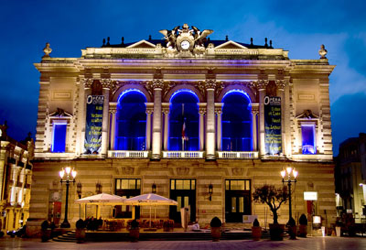Orateur
Dr
Harvey Liszt
(NRAO)
Description
Cosmic rays induce a low level of ionization of helium in dense dark gas
where the main sink of He+ is He+ + CO -> C+ + O + He, at least until CO
depletes onto grains. So C+ is introduced into the gas relatively
quickly, but the carbon exchange reaction of C+ and CO selectively
returns 13C+ to CO (because it is more tightly bound than 12CO, by 35K),
depleting the C+ pool in 13C+. This leads to substantial carbon isotope
fractionation in molecules that from or exchange carbon with C+.
However there is also a pool of neutral atomic carbon in the gas,
perhaps a few percent of CO, whose origin is less clear but probably
arises from photodissociation of CO and is not fractionated. So the
pools of free neutral and ionized carbon may have different isotope
ratios, leading to a variety of complex chemical effects that provide
particular signatures of the chemistry but greatly complicate the
interpretation of molecular isotopomeric abundance ratios. I will
demonstrate various of these effects and discuss why CO itself should
not be strongly fractionated.

